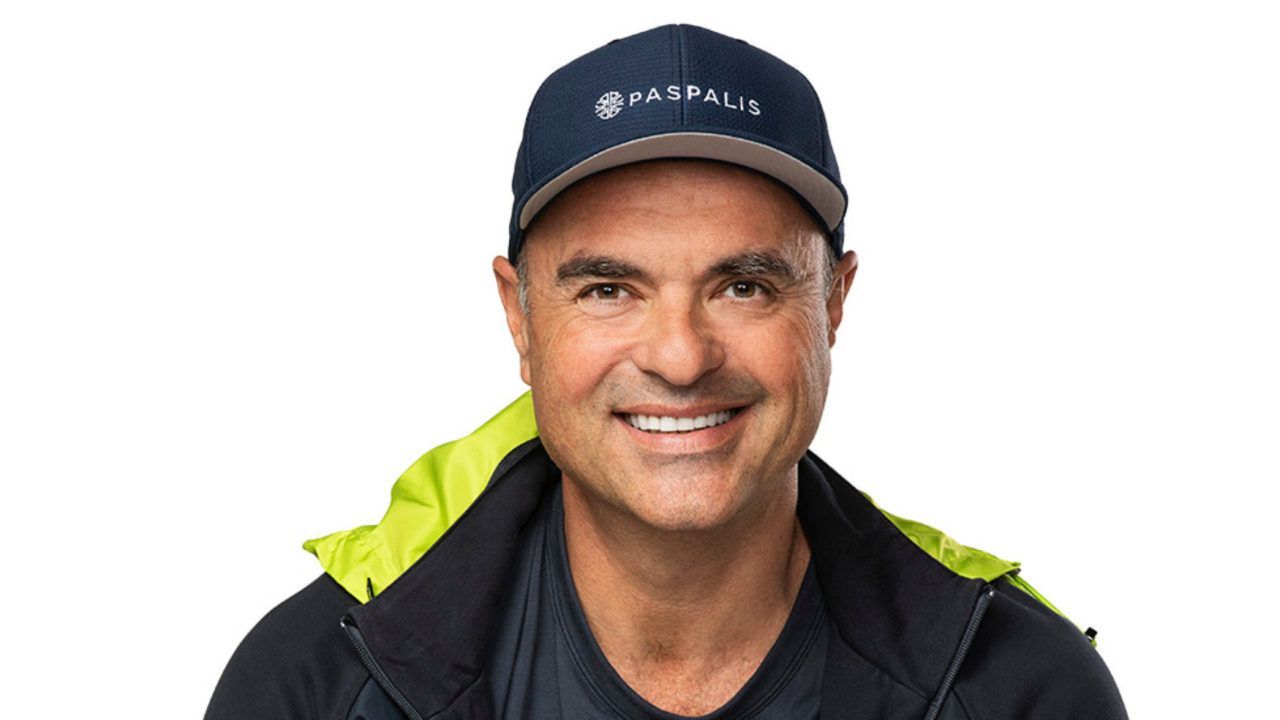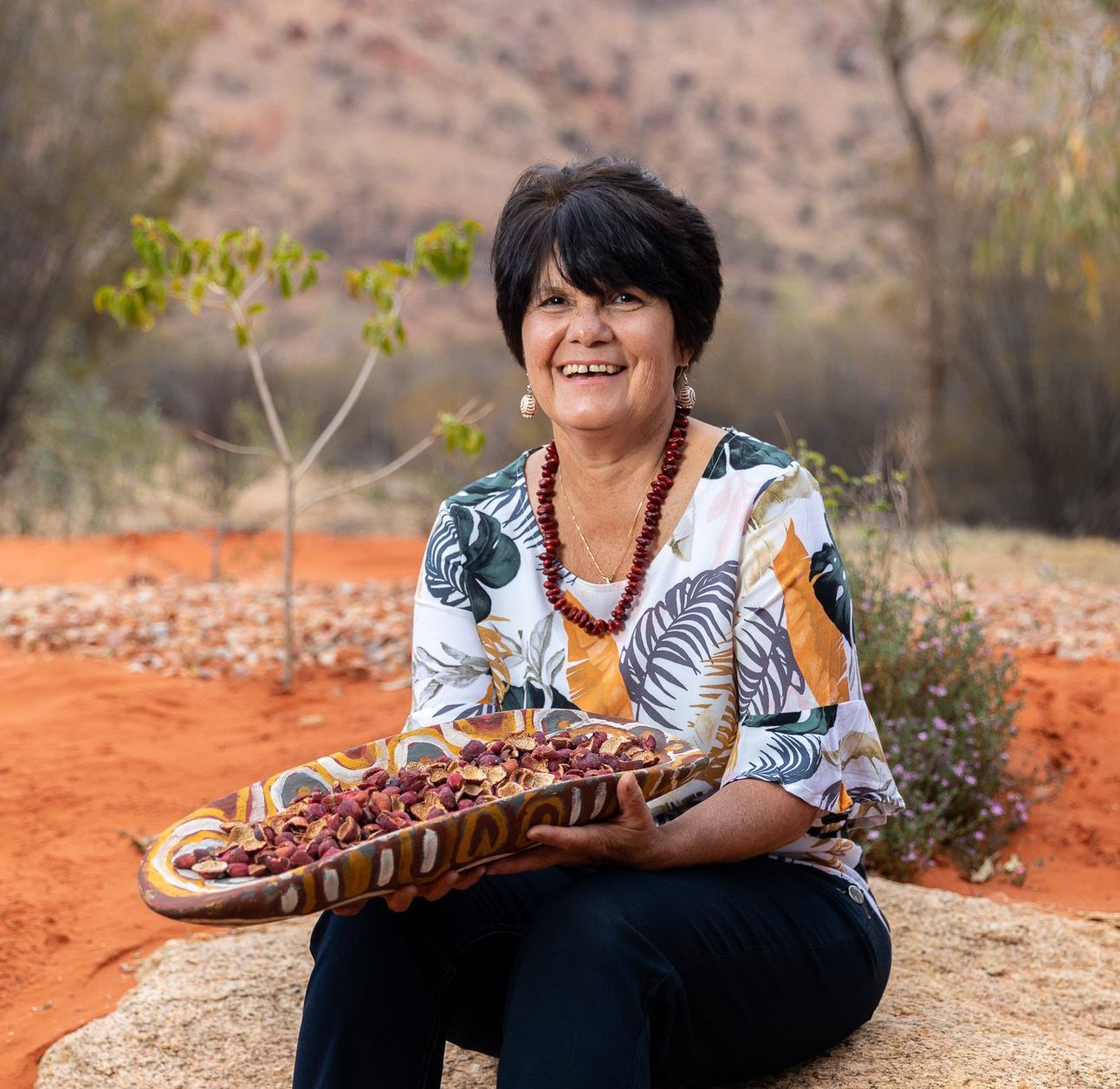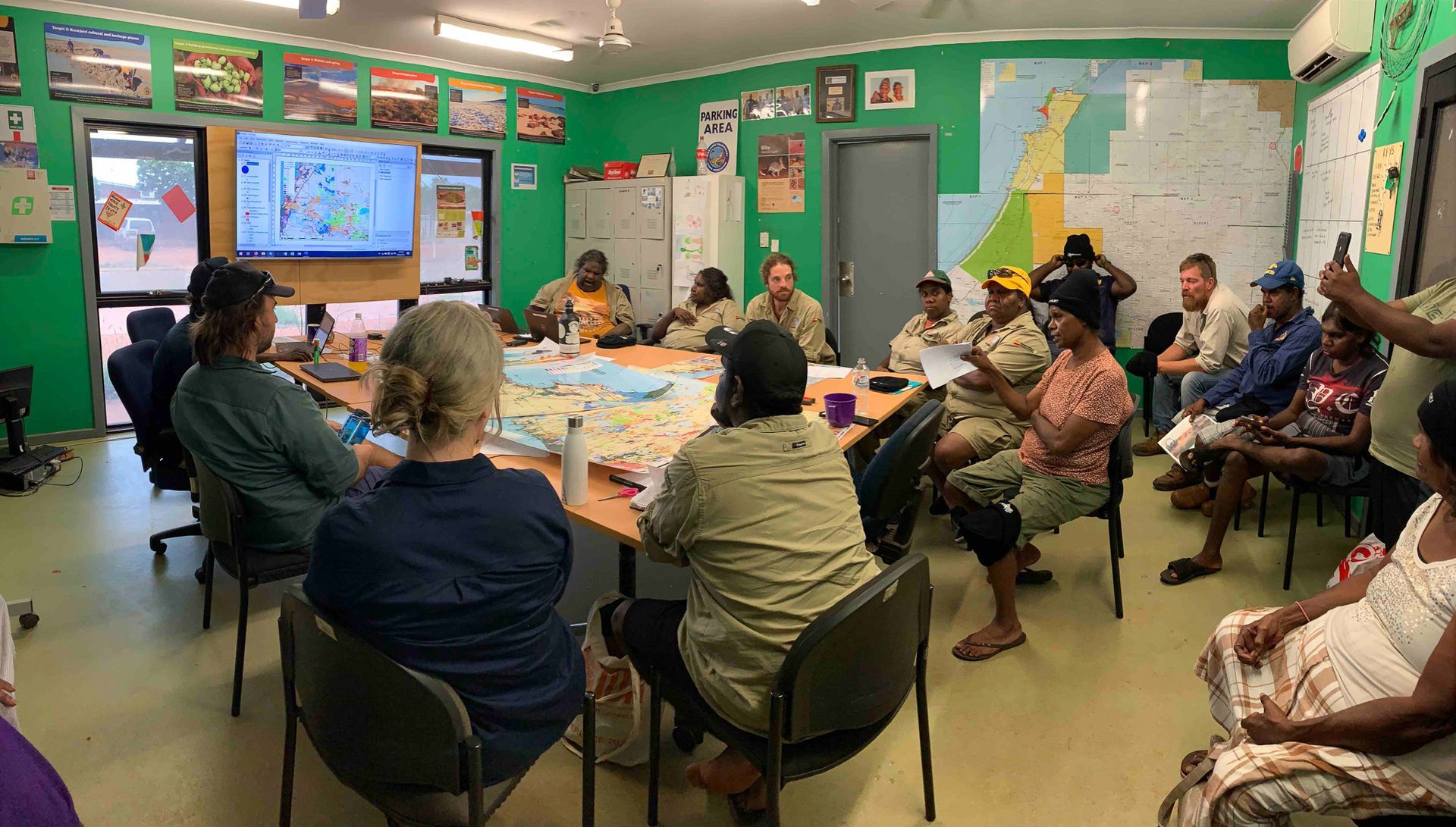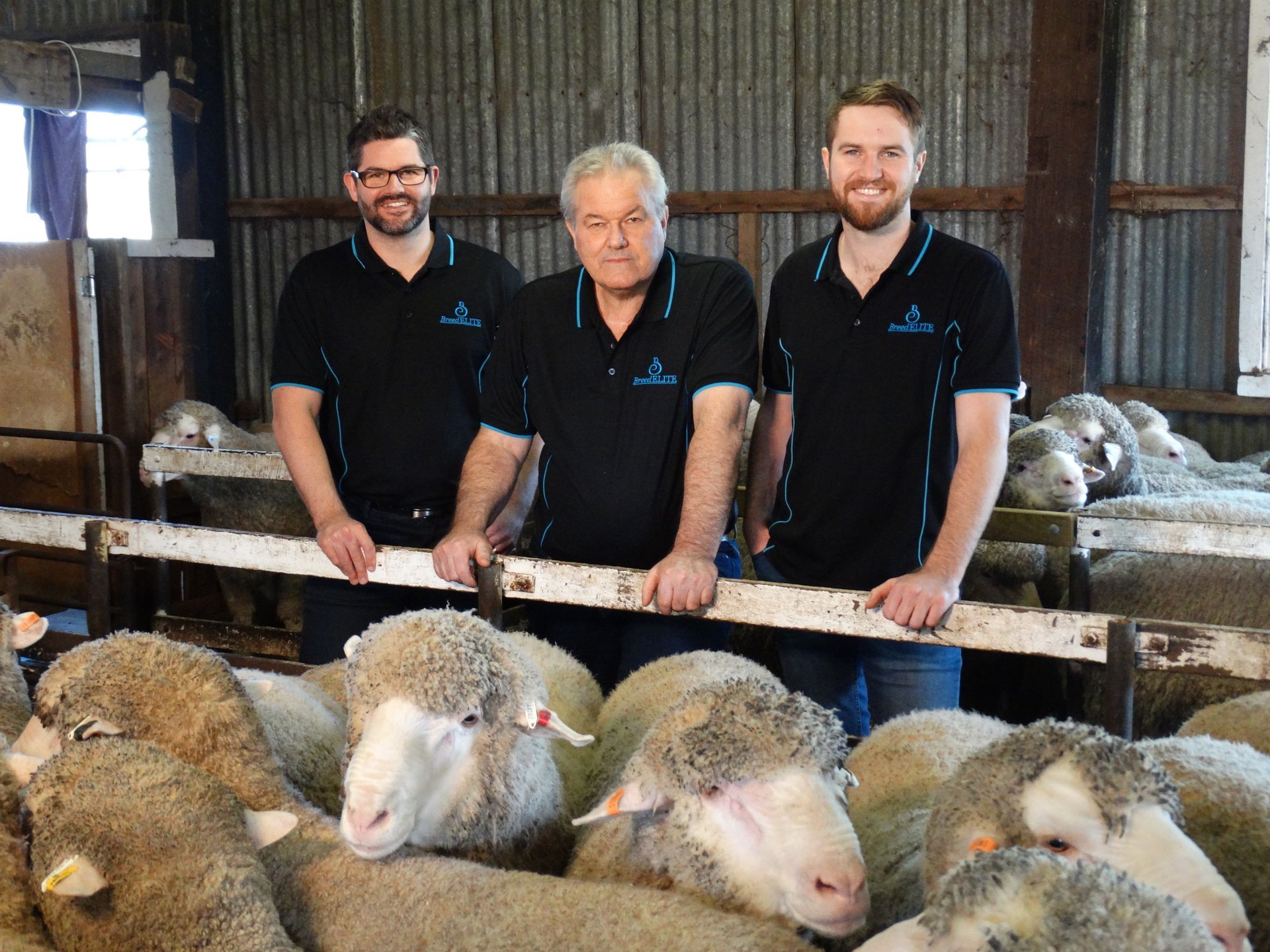Money as a force for good
Australian Ethical is a pioneer of ethical investing in Australia, using market forces to have a positive impact since 1986.
The world as we know it erupted in 2020.
It was a year of profound turmoil and disruption. In countries around the world, rich and poor, the COVID-19 pandemic exposed the weaknesses of our existing systems and interconnected economies. Despite long-standing warnings from scientists about the risks of a pandemic, the world was woefully unprepared for COVID-19.
And yet the pandemic is only a prelude to another looming crisis: the climate crisis. Because the impacts of climate crisis did not stop for COVID-19 – there were still wildfires, hurricanes, flooding, and rising sea levels. The most vulnerable communities were disproportionately affected.
As was the case with the pandemic, scientists have long been sounding the alarm about a climate crisis. But in an unexpected twist, 2020 was also the year that these warnings began to hit home.
What’s more, the warnings were no longer fringe. Instead they were reinforced by the heartland of our financial systems – central bankers, insurers, and credit rating agencies – as well as millions of people around the world demanding change.
Countries and investors began to look past the division that had hindered tackling some of the world’s most pressing issues such as climate and inequality. They heard the calls for humanity to come together and address the problems facing our global community, and a clear mandate for finance to be part of the solution emerged.
And so, 2020 became the year that the pandemic and the climate crisis combined to create a compelling catalyst for making ethical and responsible investing the norm for every portfolio.
Of course, that finance can be part of the solution rather than part of the problem is not news to Australian Ethical. The company has been investing ethically – and only ethically – since it began in 1986.
The founders’ vision was to invest for a better world where money would be a force for good. Despite going against the prevailing ideology of the time with their ethical approach to investing, their ambition was to harness the power of financial markets to bring about social and environmental change.
They could see that market forces were powerful and virtually impossible to eliminate. To them, money could be a source of innovation so that when it was spent or invested, innovation was transferred and new possibilities emerged. And they could see that moving capital in the right way would become increasingly important in a world that prioritised profit over planet.
By allocating investors’ capital, they set out stop supporting the businesses that engaged in activities harmful to people, animals and the planet. Because without the financial support of investors, these destructive companies would eventually cease to exist. By only allocating capital to ethical companies they could accelerate the path to sustainability.
However, for years, ethical investing was viewed with suspicion. Could portfolios that avoided oil and gas companies, tobacco, and other profitable but unethical industries have high enough returns to satisfy investors? Would they survive during times of market upheaval?
The COVID-19 financial crisis has proven the doubters wrong. It has helped accelerate a shift in public discourse, making normal the ideas that were once thought fringe. Investors and businesses are becoming socially and environmentally conscious; and ethical investing is generating competitive returns that benefit society and the environment as well.
And while it is indeed tragic that a global pandemic should bring us to this point, the time for small commitments, hyperbole and delays in embracing ethical investing is quickly disappearing.
Instead, people are realising that ethical investing can unlock massive economic benefits for Australia while delivering financial returns for Australians. It’s not a choice between being good for the economy or being good for the environment. Instead, more and more people are grasping the role of ethical investing in solving some of the world’s most persistent problems. By allocating capital to the technologies and companies that are likely to have a positive impact on the environment and our society, ethical investing is fuelling the world’s ability to create further innovations.
Research shows that 86% of Australians expect their super or other investments to be invested responsibly and ethically and nine in 10 feel it’s important that their financial institution invests responsibly and ethically across the board. Their desire for their savings and investments to have a positive impact – and their willingness to take action to ensure this – look set to shape the future of investing in Australia.
And as ethical investors, Australian Ethical knows this to be true. It is seeing record flows into its investment products as Australians realise their power to invest in a better future.
“With us, our customers are creating impact by investing in businesses and projects that are making the world sustainable during this time of dual crises: the COVID-19 pandemic and climate change,” says John McMurdo, CEO of Australian Ethical.
It has never been about a lack of capital – there’s an estimated $379 trillion across the global financial system – but about the traditional rules that govern the allocation of that capital, lingering myths and short-termism that make it easier and more profitable for investors to bet against the planet rather than for it.
But in many ways, 2020 was the year people began to reimagine a world that is more sustainable, resilient and healthy. And in doing so, they opened their eyes to the opportunities ethical investing offers them for better returns and a better future.
Something that Australian Ethical could see clearly all along.
This article is taken from the recently published digital book
Australia's Nobel Laureates Vol III State of our Innovation Nation: 2021 and Beyond










